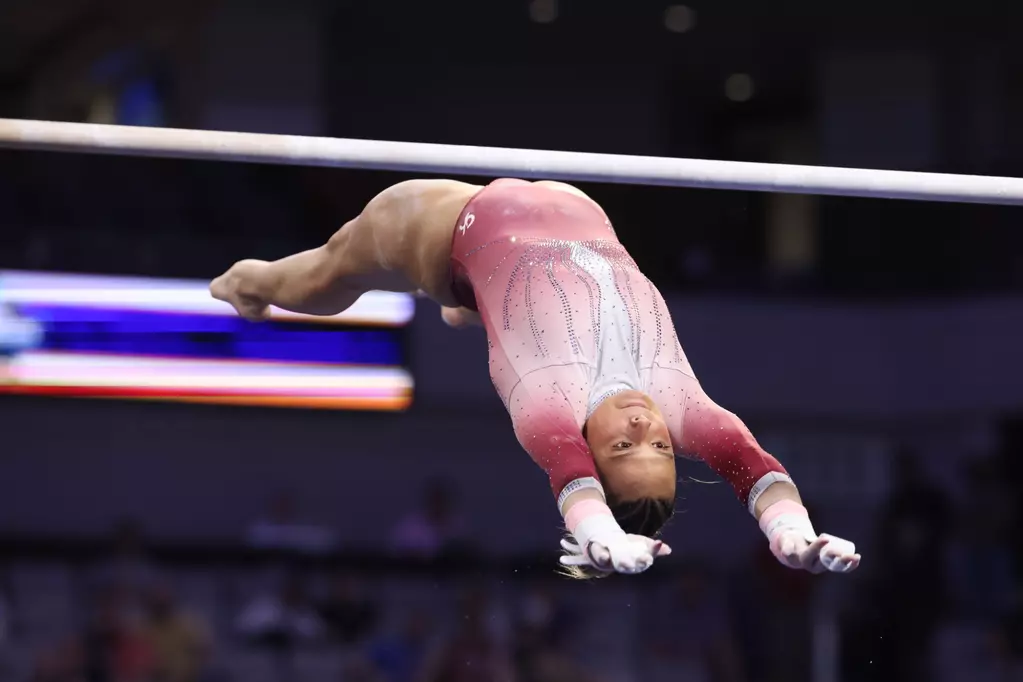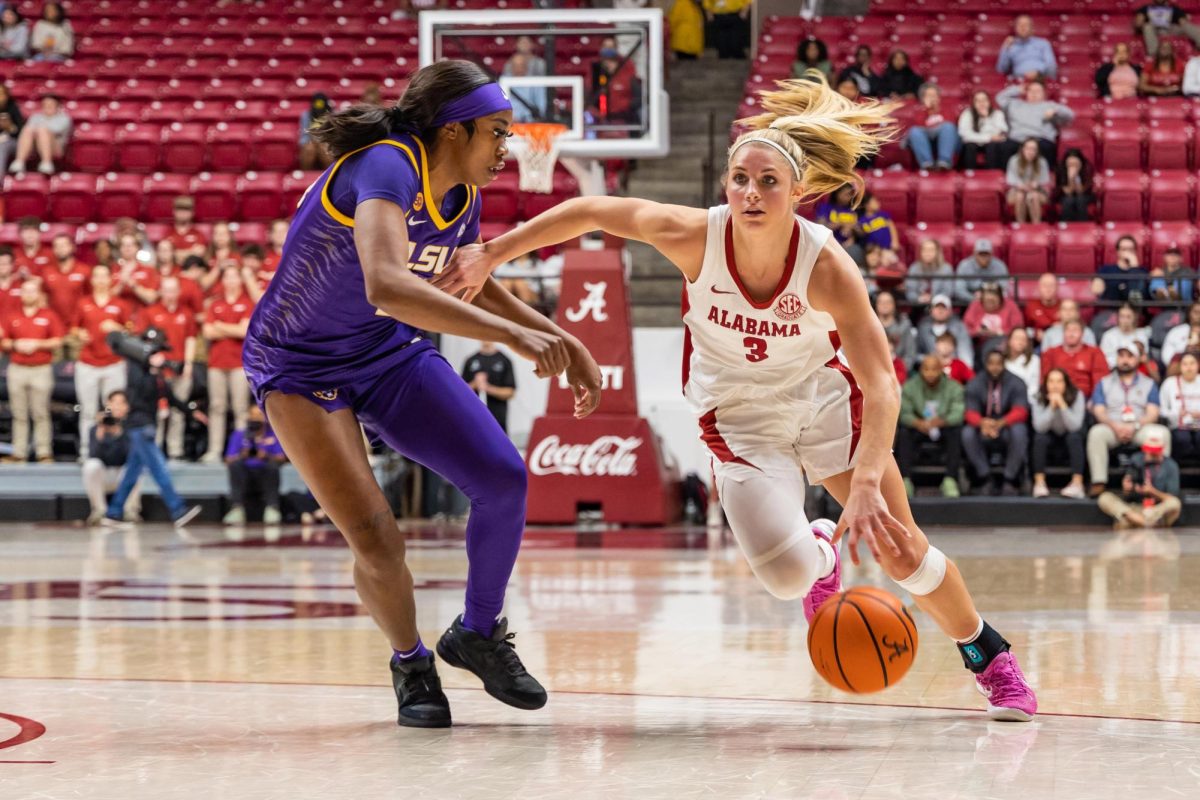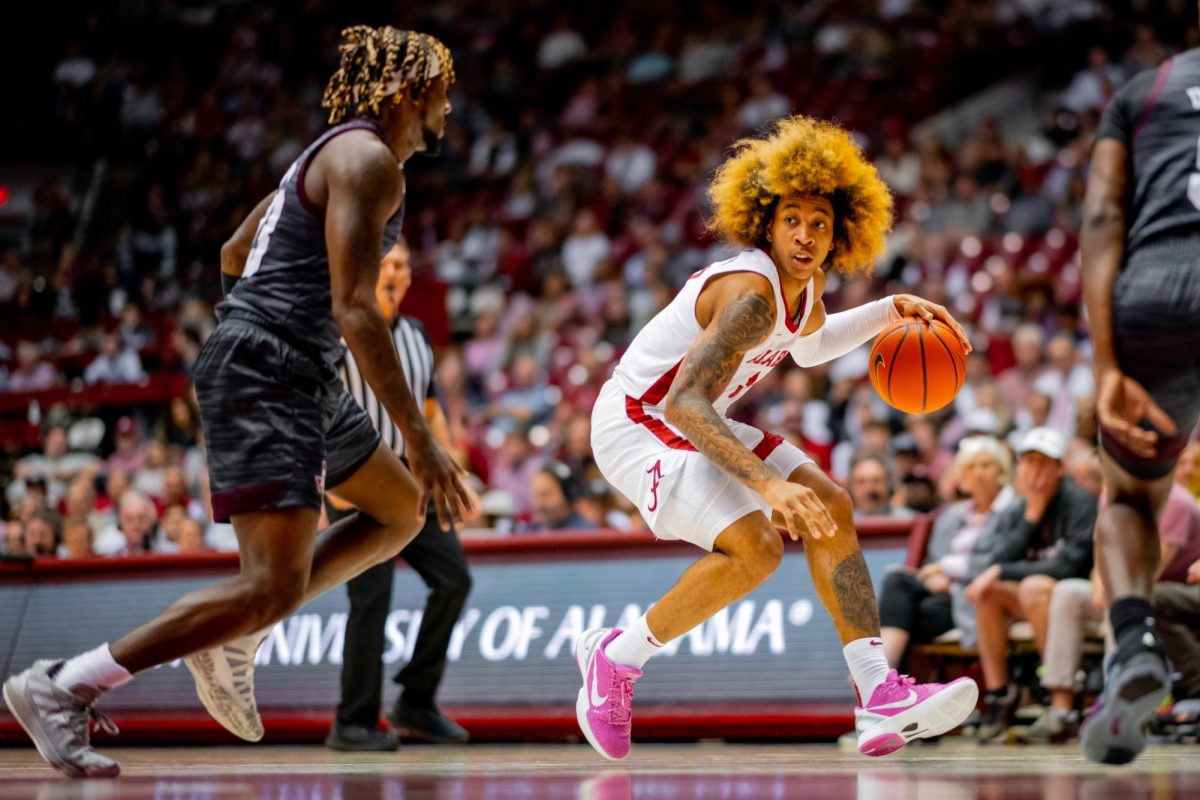It seems as if the topic of whether or not college athletes should be paid arises every year, and rightfully so. As I was traveling to the Google search bar and typed in “college and athletes,” the first options that popped up were about college athletes getting paid. Time and time again, we hear of former college athletes speaking of the benefits that some sort of stipend would have brought. Providing athletes with some sort of compensation for their hard work and dedication is something I see as plausible. So, why not pay them?
I ran across an article from Imprint Magazine, where the writer feels as if college athletes should not be paid. One of the writer’s main points was that athletes should not be paid because all of their education is being paid for; he uses J.J. Redick and Duke paying him $31,000 as an example. He later goes on to say that companies like Nike should share a piece of their earnings with athletes for the paraphernalia they make millions of dollars off of.
I disagree and agree with some of the things he says. Yes, Redick’s education is paid for, but what about the additional funds one needs to make it on a day to day basis? Not every college athlete comes from an affluent family that can provide him or her money on a regular basis. I recently ran into an ex-college athlete who was in obvious distress deriving from his college career. The words that came out of his mouth were something along the lines of “don’t go to college unless your parents have money.” Here was this 30-year-old man, driving around in a nice SUV, who was still upset about what he went through during and right after college. I take it as if he felt like he was property more than a person.
Furthermore, these athletes are not recruited based upon their academic prowess; they are first sought out because of their athletic ability and how they can benefit a college’s program. It can be determined that student-athletes are actually more athlete than student. A college athlete’s entire school days revolve around their respective sport.
Yes, big companies like Nike should share a piece of their multi-million dollar pie with the athletes they are making this money from. This was talked about in the recent documentary “Fab Five” when former Michigan basketball players talked about how they felt somewhat exploited. This exploitation was more than likely one of the reasons Chris Webber made the jump to the NBA early, where he probably felt like he was fairly rewarded for his efforts. But, the main benefactors of this plan would more than likely only be the popular players, like a star running back or fancy point guard. What about the linemen that help make that running back a star; how many jerseys would they sell, honestly?
According to ncaa.org, college athletes are “not University employees paid for their labor.” I see this as totally contradicting the purpose of a scholarship. Aren’t athletes receiving their scholarships for the work they put in? And they cannot slip up or take it easy, because each year there is no guarantee that the athlete will have the scholarship – their contracts only last for a year. The website also states that many athletes receive grants-in-aid; these grants are only for certain instances. I have heard some people say that athletes receive a small stipend each semester: further research allowed me to discover how true this is. Most athletic programs show up in the red at the end of each fiscal year, but that is not the fault of the athletes—they still do their duties. Maybe these programs need to spend more wisely.
If everyone else is getting big bucks, don’t let the athletes—the reasons for the seasons—get the whammy.








